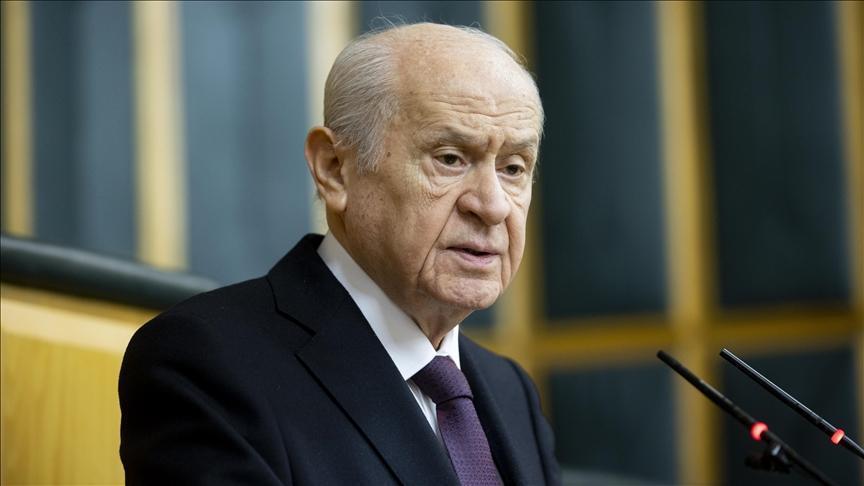German economy shrank more than expected at end of 2024
FRANKFURT

Germany's economy shrank more than expected at the end of 2024, official data showed on Jan. 30, the latest bad news for Europe's traditional powerhouse which is battling myriad headwinds.
Output in the eurozone's biggest economy fell 0.2 percent in the fourth quarter compared to the previous quarter, according to preliminary figures from federal statistics agency Destatis.
Analysts polled by data firm FactSet had expected a contraction of 0.1 percent.
Destatis also confirmed that output shrank 0.2 percent across the whole of 2024, in line with its earlier estimate, and marking the second straight year of contraction for the German economy.
Germany has been suffering due to high energy costs, a manufacturing slowdown and weak demand for the country's exports, combined with a host of structural issues such as labor shortages.
In the final quarter, while domestic spending helped support growth, it was not enough to offset falling exports, Destatis said.
Analyst Carsten Brzeski from bank ING said the figures underlined the scale of the challenge for Germany.
"2024 was the year when cyclical and structural headwinds became a storm," he said.
"A substantial recovery of German industry is not in sight just yet," he added, pointing to empty order books as well as the threat of US President Donald Trump imposing tariffs.
Thursday's bleak data came a day after the government said it expected the German economy to grow just 0.3 percent in 2025, down from a previous forecast of 1.1 percent.
France, the eurozone's second biggest economy after Germany, also performed worse than expected in the fourth quarter as data showed its economy contracted by 0.1 percent as a political crisis gripped the country after a boost from the Paris Olympic Games.
The French economy grew 1.1 percent in 2024 but shrank 0.1 percent in the fourth quarter, figures from the INSEE statistics institute showed.
There was a significant post-Olympics pullback," Maxime Darmet, an economist at insurer Allianz, told AFP.
The economic downturn coincided with a period of political turmoil as Michel Barnier resigned as prime minister in December after his minority government failed to win support for an austerity budget to shore up the country's shaky finances.
His successor, Francois Bayrou, is promising to bring the public deficit down to 5.4 percent of gross domestic product this year, with the goal of getting back under the European Union's three-percent limit in 2029.
















